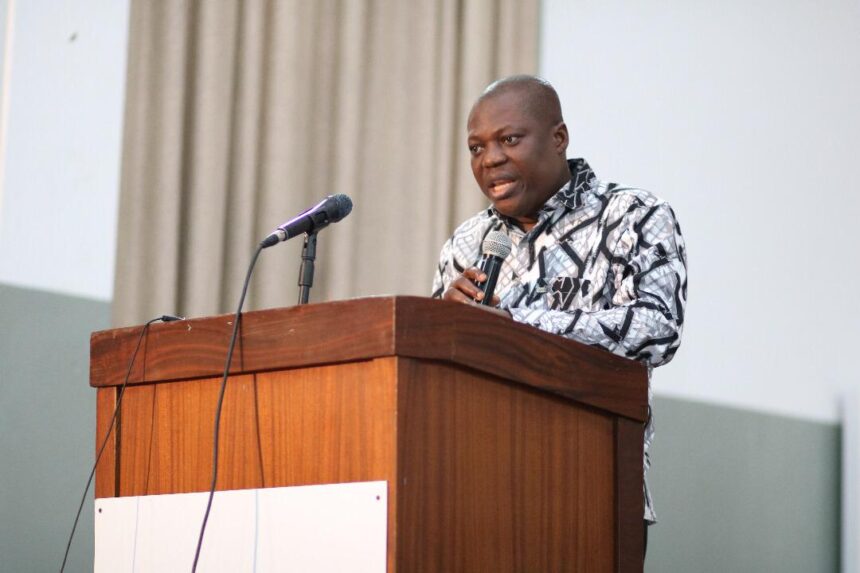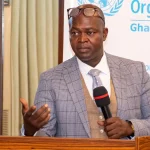The 3rd Revolutionary Lecture Series has been held as part of activities to commemorate the 40th Anniversary of the June 4 Uprising.
The lecture themed “Developing a National Character for Sustainable Good Governance” had Prof. John Aheto as its main speaker with supporting discussants from academia and public service.
A discussant, Prof. John Gatsi, on his part, identified a worrying trend with Ghana’s political and economic governance culture, whereby national infrastructural projects and programs initiated by various political regimes are abandoned by their successors without justification.
He explained that since most of the many abandoned projects were financed by loans, the practice encourages gaining value for money and anticipated improvements in the Socio-economic conditions of the country. He said paying loans on abandoned projects is not good governance
In his view, the framers of the 1992 constitution, conscious of Good Governance Principles and Standards, included in Articles 34 and 35 (7) of the constitution to guide the National Character and all political regimes.
Prof. Gatsi suggested two important remedies to dealing with this major political and socioeconomic problem that negatively affect dividends from good governance Firstly, he called for the development of Article 35(7) into an Act of Parliament , part of which will require newly elected governments to, within their first nine months in office, submit to Parliament for approval a comprehensive report and justification on projects, policies and programmes it wishes to discontinue for debate and approval or disapproval. This he said will greatly contribute to fairness, transparency, responsibility, discipline and accountability.
Secondly, he suggested that the new Act shall also require the creation of a publicly accessible National Contract and Projects Management Register with key features of contracts, projects such as amounts, location, execution time, date of commencement and level of execution, all to deepen good governance.
Prof. Gatsi admonished government and political parties about the constitution’s economic management objectives, which is to…
1. maximize the rate of economic development
2. secure maximum welfare Ghanaians
3. secure maximum freedom of Ghanaians
4. secure maximum happiness of all persons in Ghana
5. ensure sound employment for Ghanaians
6. ensure access to reasonable livelihood of all Ghanaians
7. provide assistance to the needy.
He further reminded political parties and government that macroeconomic indicators such as GDP, inflation and exchange rate are important but are not the standards set out in Article 36:1 as the dividend for good economic governance. He advised citizens, especially the youth, to demand accountability on these good governance matters.













